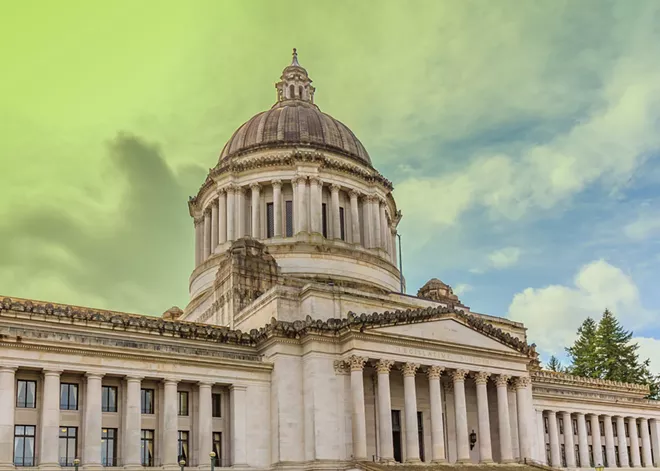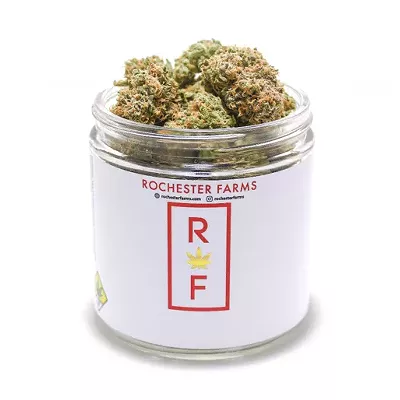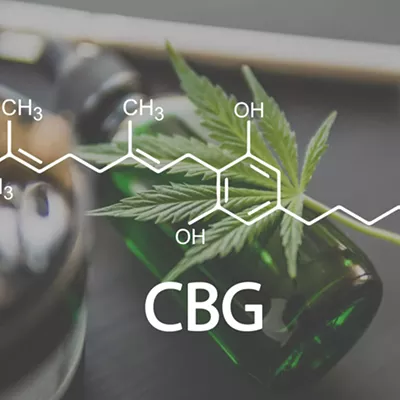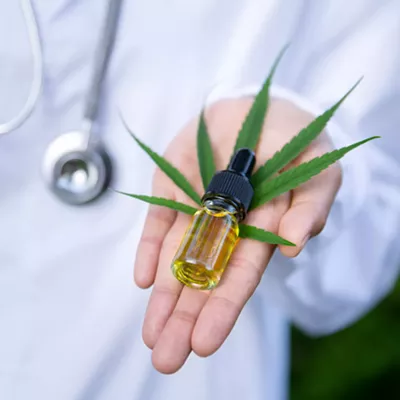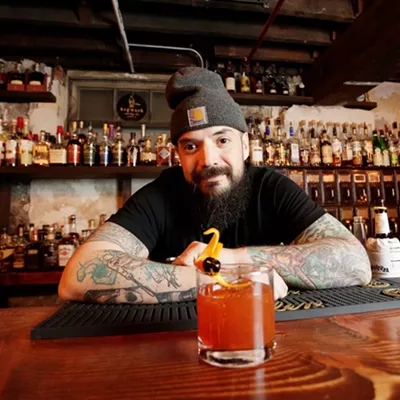Washington has been in the process of establishing a social equity program for retail cannabis licencees for years, and last week the state's Liquor and Cannabis Board gave a status update on the project.
In 2020, House Bill 2870 was passed by the state Legislature to establish the state's cannabis social equity program. As the LCB said in a statement in May, the goal of the legislation and program is to "create a more diverse and equitable cannabis industry in Washington state." The program "will allow the LCB more flexibility to help those harmed by the War on Drugs establish their business and achieve the state goal of increasing opportunity for social equity applicants."
Essentially, state regulators saw that communities most harmed by the war on drugs were not among the communities benefiting most from the state's legal cannabis market. The social equity program was designed to change that.
The LCB will award 46 retail licenses under the program, ideally to members of a community that had been disproportionately harmed by the war on drugs.
Last Wednesday, the LCB made public some statistics on those who have applied for licenses under the program.
According to the LCB, 47% of applicants identified as Black or African American. Reporting by KING-TV in Seattle showed that just 4% of cannabis retailers in the state were Black-owned in 2022, which almost mirrors the proportion of Washington residents who are Black, according to the 2020 Census.
Fewer than 2% of retail licenses are Hispanic-owned. Yet 14% of applicants for social equity licenses identified as Hispanic, the same proportion of the state's population.
Of the applicants to the program, 76% identified as something other than "white" or "prefer not to answer." As of 2020, according to LCB data, 81% of retail licenses were white-owned.
The LCB will now move to score the qualified applicants, with the 46 available licenses being distributed to the highest-scoring applicant per county and the rest handed out to high-scoring applicants in a lottery system.
This does not mean that the state will soon be home to an additional 46 cannabis retailers. Most of the licenses to be distributed through the social equity program were already included in the finite number of licenses allowable under state law. Some had been previously issued to other businesses, but subsequently canceled, revoked or otherwise abandoned. Others were never issued in the first place. ♦
This article has been changed to correctly show the proportion of Washington residents who are Black.
